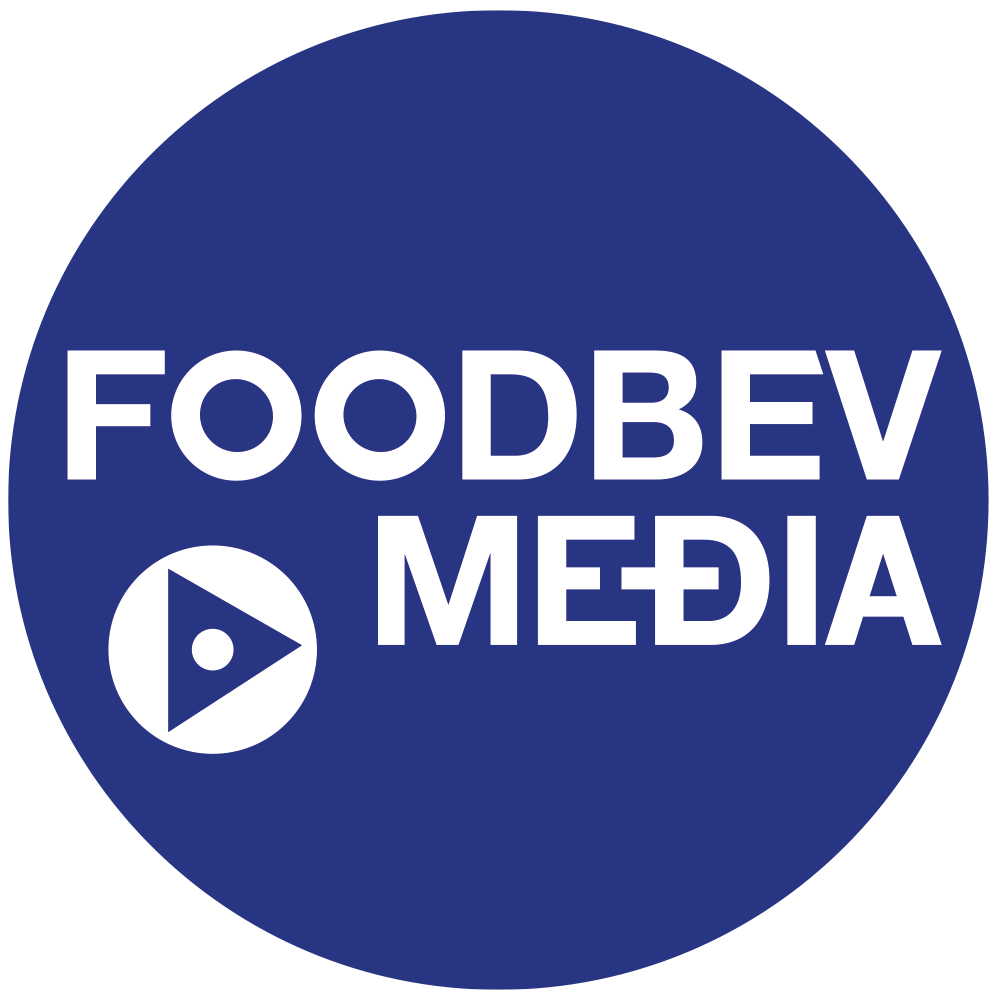The latest news, trends, analysis, interviews and podcasts from the global food and beverage industry
Food and drink sold and manufactured in Texas containing artificial ingredients could require on-pack warning labels if a new bill becomes law.
Texas Senate Bill 25, dubbed the ‘Make Texas Healthy Again Act,’ would require packaged foods sold in the state to display a warning label if they contain any of 44 ingredients that are banned or restricted in the EU, UK, Canada or Australia, but still permitted in the US.
The bipartisan bill passed unanimously in the state senate and now awaits review by Governor Greg Abbott. If signed into law, it could significantly alter packaging requirements not just in Texas, but across the country, as manufacturers often standardise compliance nationwide to reduce supply chain complexity.
Requirements of the bill
If the bill becomes law, food and beverage manufacturers would be required to use statements like the following to alert consumers of the presence of such artificial ingredients: "WARNING: This product contains an ingredient that is not recommended for human consumption by the appropriate authority in Australia, Canada, the European Union or the United Kingdom."
The law would apply to processed and packaged food products, but would exclude items not intended for human consumption, dietary supplements and foods prepared or sold in restaurants and foodservice establishments.
Products regulated by the USDA’s Food Safety and Inspection Service would also be exempt. In addition to packaging, online listings for affected products would need to carry the same warning language.
The legislation specifically targets a mix of synthetic food dyes, preservatives, additives, bleached and bromated flours and other chemical compounds. Many of these ingredients remain legal in the US but are banned or heavily restricted elsewhere, due to concerns about potential links to cancer, hyperactivity, allergic reactions and other health risks.
Ingredients that could be impacted by the bill include:
Synthetic food dyes: Red 40, Yellow 5, Blue 1, Green 3
Preservatives: BHA, BHT, Propylparaben
Flour additives: Bleached flour, Potassium bromate, Bromated flour
Oils and fats: Partially hydrogenated oil, Interesterified palm oil
Sweeteners and emulsifiers: Olestra, DATEM
Other additives: Titanium dioxide, Azodicarbonamide, Diacetyl
Impact on the F&B industry
Potentially impacted products are wide-ranging, from crisps, confectionery and snacks to cereals, frozen dinners, instant noodles and beverages, such as sports drinks and fruit juices. Brands such as Doritos, Skittles, Gatorade, Capri Sun, Oreos and Hostess are among those that could require updated packaging.
The bill is said to have the backing of US health secretary Robert F. Kennedy Jr, who has made food safety a key tenet of his government platform. It follows the FDA’s recent announcement that it plans to phase out petroleum-derived synthetic dyes by the end of 2026, replacing them with newly approved colour additives.
Gov Abbott has not yet indicated whether he intends to sign the bill. If enacted, the new labelling requirements would be developed and implemented by 2027, giving manufacturers a limited window to review ingredients, adjust formulations or prepare warning-compliant packaging.
For food and beverage companies operating in the US, particularly those with a large portfolio of snacks and other processed food products, the implications are substantial. The bill could set a precedent for similar state-level actions and accelerate reformulations that align more closely with global ingredient standards.







